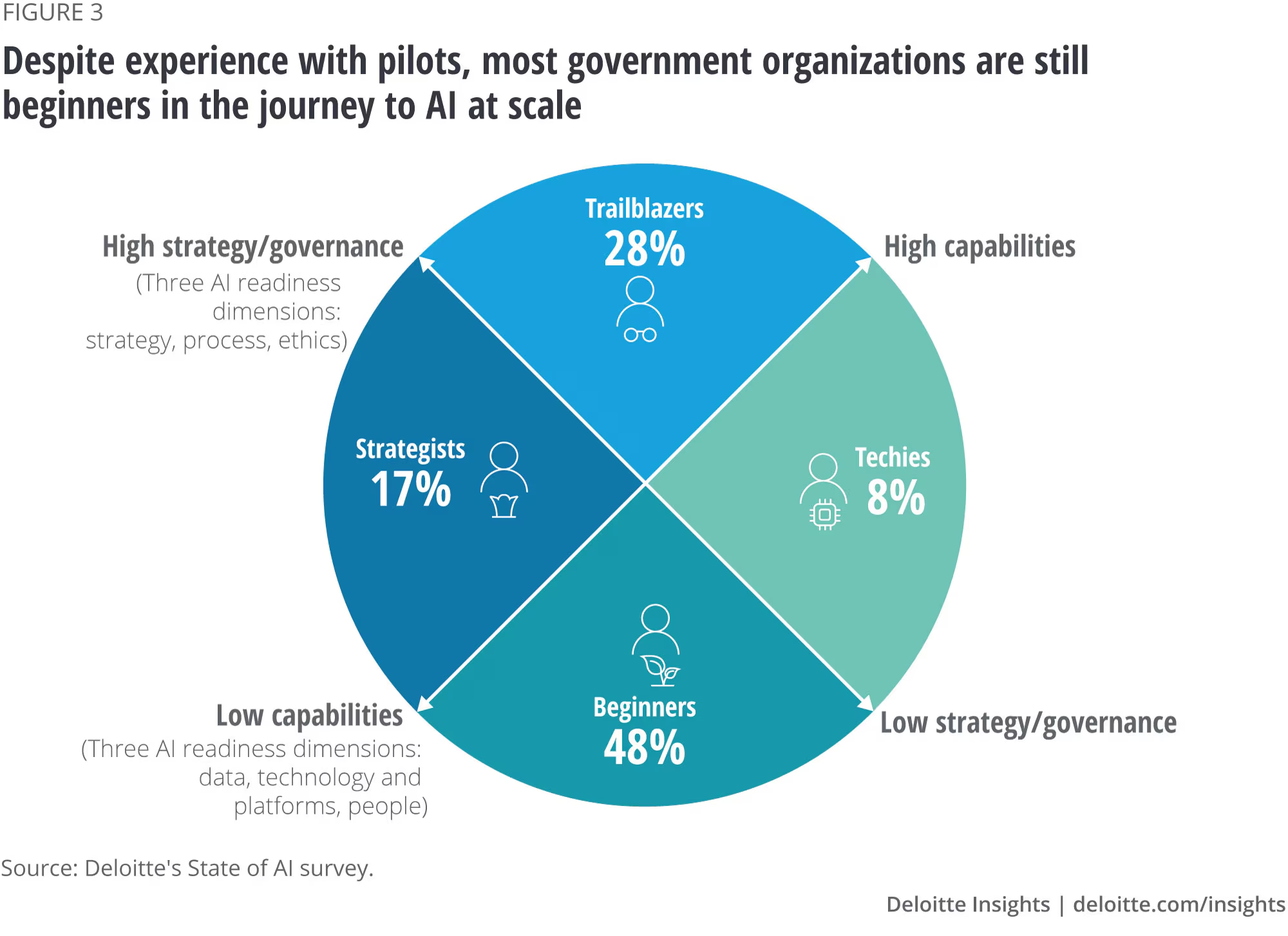In the ever-evolving digital landscape, a new frontier beckons – the era of artificial intelligence (AI). Its transformative power ripples across industries,promising to reshape the fabric of work,decision-making,and human interaction itself. As the world hurtles towards this technological precipice, a pressing question looms: are we ready to harness the transformative potential of AI? Deloitte India presents a comprehensive exploration of this pivotal moment, delving into the imperative for governments and businesses to boldly embrace this transformative technology.
AI Revolution: Unlocking Business Value and innovation
Unleashing AI’s Potential for Growth and Conversion
Amidst the rapidly evolving technological landscape, the adoption of artificial intelligence (AI) has emerged as a pivotal driver of business value and innovation. Governments and companies that embrace AI are well-positioned to unlock unprecedented opportunities for growth, efficiency, and competitive advantage. By leveraging AI’s capabilities in automating tasks, enhancing data analysis, and optimizing decision-making, organizations can streamline operations, increase productivity, and gain a deeper understanding of their customers. Moreover,AI has the potential to foster innovation by creating new products,services,and revenue streams.
Note: This content does not provide specific examples or actionable steps for government and business AI adoption. You may want to consider adding these elements to provide more value to your audience.
Harnessing the future: Reshaping Industries with Artificial Intelligence
Artificial intelligence (AI) is revolutionizing industries, offering immense opportunities for economic growth, efficiency gains, and improved decision-making. from healthcare to finance, AI-powered solutions are transforming processes, enhancing productivity, and driving innovation. governments and companies must embrace this transformative technology to unlock its full potential. AI adoption can streamline operations, reduce costs, develop new products and services, and improve customer experiences. By harnessing AI’s capabilities, we can create a more prosperous and equitable future for all.
Optimal Implementation: Best Practices and Recommendations for AI Adoption
Government agencies and businesses looking to harness the transformational power of AI must employ several best practices for optimal implementation. These include developing a clear and concise AI strategy that outlines goals,objectives,and use cases; establishing governance frameworks and ethical guidelines to ensure responsible and equitable AI use; investing in robust data infrastructure to power AI models; building AI-literate teams and fostering a culture of data-driven decision-making; and continuously monitoring and evaluating AI performance to ensure alignment with strategic objectives and mitigate potential risks.**
Beyond Automation: Ethical Considerations and Future Trends in AI
Artificial intelligence (AI) has the potential to revolutionize many aspects of our lives, from the way we work and communicate to the way we learn and make decisions. However, as AI becomes more prevalent, it is vital to consider the ethical implications and the future trends that will shape its growth.
Ethical Considerations
As AI systems become more sophisticated, they will increasingly be able to make decisions that have real-world consequences. This raises a number of ethical questions, such as:
– Who is responsible for the decisions made by AI systems?
- How can we ensure that AI systems are unbiased and fair?
- What happens when AI systems make mistakes?
It is indeed critically important to develop ethical guidelines for the development and use of AI systems to address these questions. These guidelines should be based on principles of fairness, openness, and accountability.
Future Trends
AI is still a relatively new technology,and its future development is uncertain. Though, there are a number of trends that are likely to shape its growth in the coming years, including:
- Increased automation: AI systems will continue to automate more and more tasks, freeing up humans to focus on more creative and strategic work.
– improved decision-making: AI systems will become better at making decisions, based on large amounts of data and sophisticated algorithms.- Enhanced personalization: AI systems will be able to personalize experiences for users, based on their individual preferences and needs.
These trends will have a profound impact on the way we live and work. It is important to prepare for these changes and to ensure that AI is developed and used in a responsible and ethical way.
To Conclude
As the unending quest for innovation continues to shape our future,it’s time for governments and businesses to embrace the transformative power of artificial intelligence. With its ability to reshape industries,enhance efficiencies,and improve decision-making,AI stands ready to fuel progress like never before. As we step into this new era of technological evolution, may we harness its potential wisely, creating a world where both humanity and technology thrive harmoniously.





